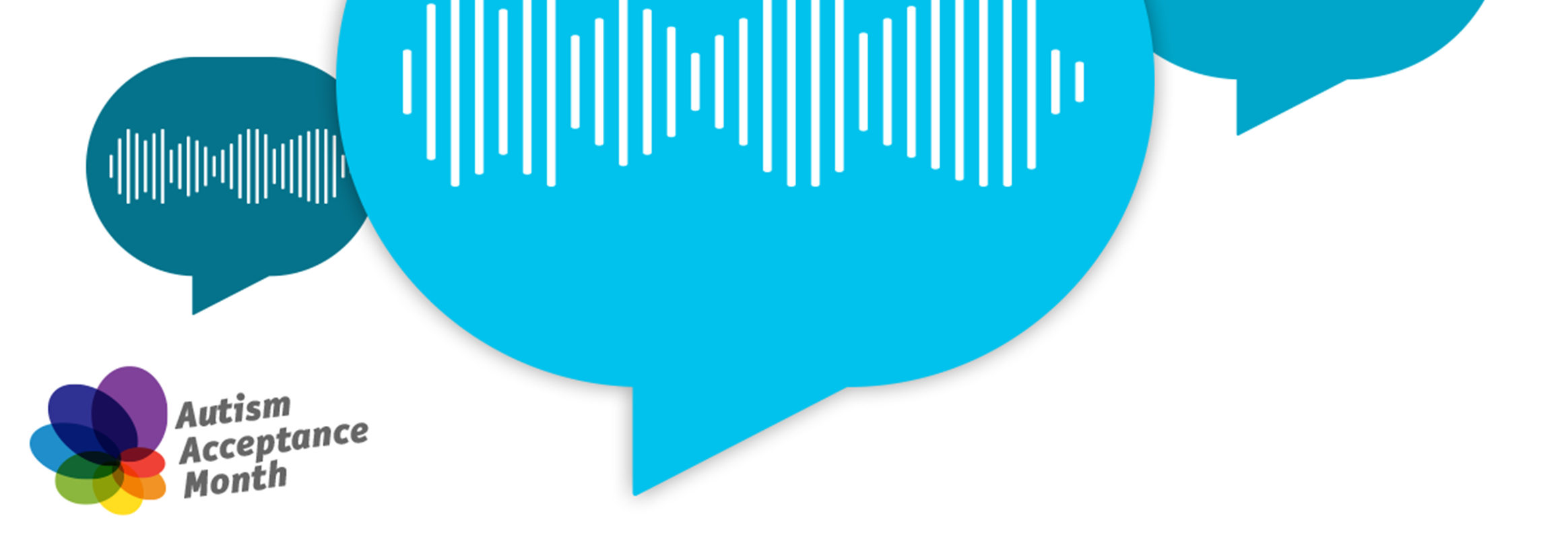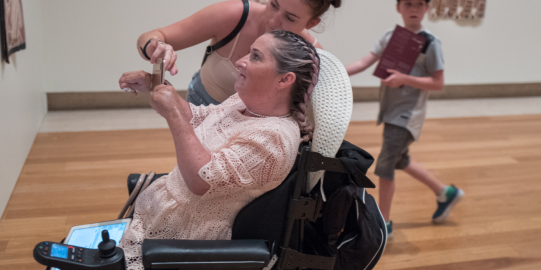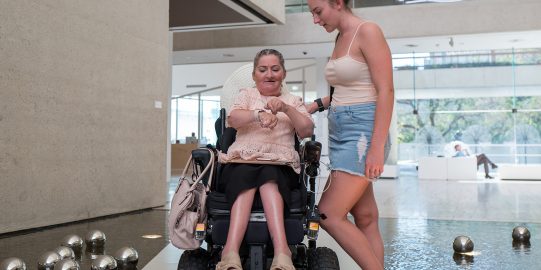If natural speech isn’t enough, AAC can be powerful in expanding what you can say and who can understand you. Calling AAC a voice can help express this power. It can also highlight how harmful it is to take someone’s AAC system away. But, like many powerful metaphors, daily reality can be more complicated.
What is a voice?
“Voice” doesn’t just mean the sound that comes out when you speak. It can also be the freedom to say what you mean, in the way you’ve decided to express it. A voice is something you control. The voice attached to your body isn’t something somebody can physically force you to use in a certain way. The words you can use with this voice aren’t based on somebody else’s judgments about what words you need.
All forms of communication are my voice
With many AAC systems, it is much harder to guarantee this freedom. If the only things you can (or know how to) say with your "voice" don't match what you mean, the most authentic message can be to refuse to use it. Maybe you can’t say much, but you can still insist that what you say is yours. An AAC system also isn’t necessarily the best way to say everything all the time. That’s okay. Neither is speech. If you are trying to find something in the kitchen and my spoken directions aren’t working, the most effective solution is for me to show you. Often, using AAC isn’t just slower — it requires more effort. Successful communication involves strategically using the communication methods we have available. There is no “best” way to communicate.
My voice, my choice
Some AAC users do call AAC a voice – and you might have seen AssistiveWare using this kind of language too. But nobody can decide for somebody else what their true voice is. Some people who need AAC don’t have access to it yet. Others can only express a limited range of messages and ideas with their system. Supporting people in these situations to expand their communication is important, but only part of the solution.
We also need to work on respecting people for who they are now and learning to listen to the voice they already have. If you aren’t sure of someone’s message, it is often most respectful to admit that you’re making a guess and may be wrong. From here, you can try different clarification strategies. You might not figure out what the person means. You might not be sure they understood you. But you can at least communicate that you know they have a perspective worth asking about.
Additional Resources
When Listening is Complicated: Rabbi Ruti Regan




